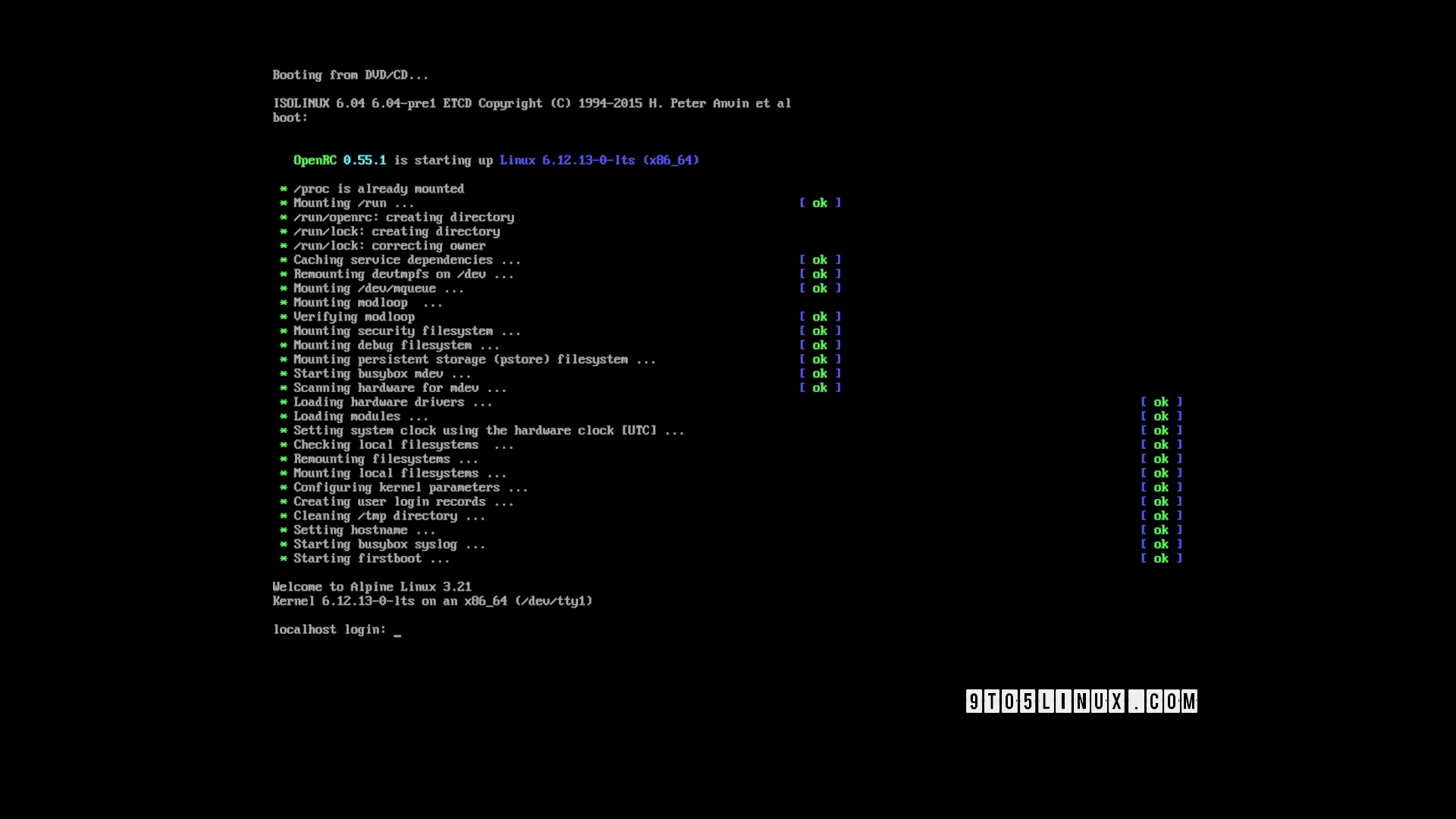The Alpine Linux team has announced the release of Alpine Linux 3.22, marking a significant update for this independent, security-focused GNU/Linux distribution. This version comes with several new features and updates, including support for GNOME 48, KDE Plasma 6.3, and LXQt 2.2 desktop environments.
One notable change is the replacement of the gummiboot boot manager (formerly known as systemd-boot) with systemd-efistub. The development team stated that the secureboot-hook will no longer support gummiboot-efistub and it now defaults to systemd-efistub. Users who haven’t altered the efistub_file in /etc/kernel-hooks.d/secureboot.conf will not need to make any changes, as the old gummiboot-efistub has been moved to testing and is no longer maintained.
Alpine Linux 3.22 is built on the Linux kernel 6.12 LTS and includes various up-to-date components such as LLVM 20, Dovecot 2.4, nginx 1.28, Node.js 22.16 LTS, Ruby 3.4, Rust 1.87, Xen 4.20, BIRD 3.1, Crystal 1.16, Docker 28, and Go 1.24. Those interested in the full list of changes can refer to the release announcement page.
Users can download Alpine Linux 3.22 from the official website, where it is available in various editions tailored for different architectures, including Standard, Extended, Netboot, Raspberry Pi, and more.
Current Alpine Linux users can upgrade their systems by running the command apk upgrade --available within their terminal or virtual console. Additional details regarding the changes in this release are accessible via the official wiki page.
Alpine Linux is recognized for its lightweight and security-oriented design, leveraging the musl C standard library and BusyBox to provide numerous Unix utilities within a single executable. The distribution allows users to fully customize their installations since it doesn’t come with a predefined graphical environment. Alpine uses OpenRC as its default init system, ensuring compatibility with other Unix-like operating systems.
